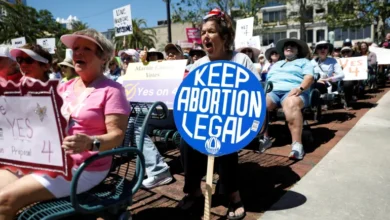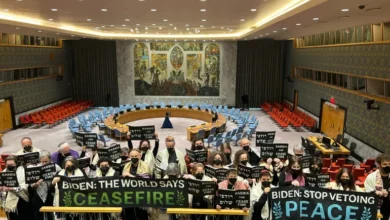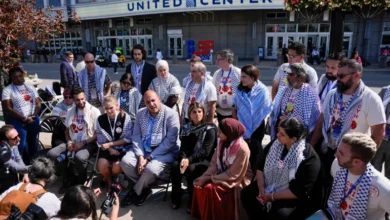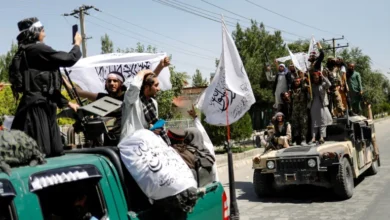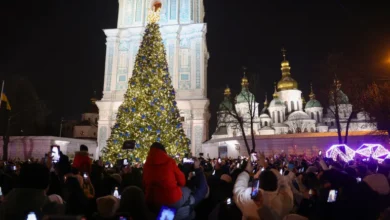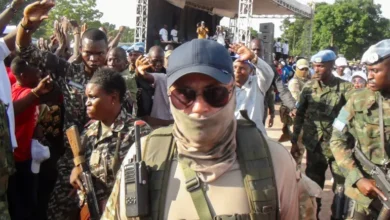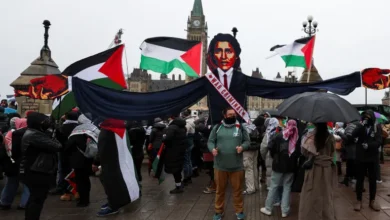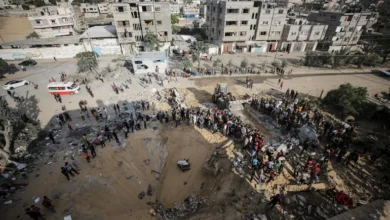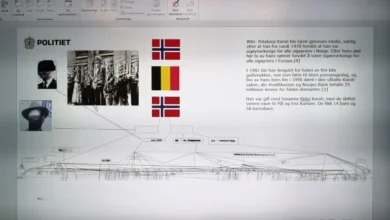Genocide rages on, but it’s business as usual at the neoliberal university
Somdeep Sen
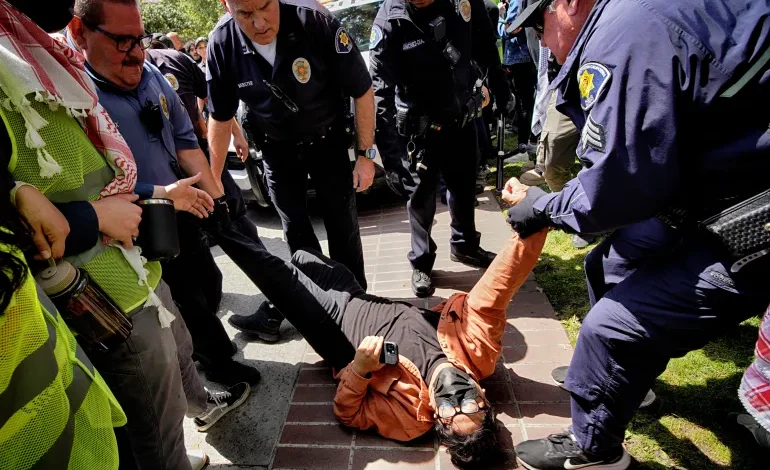
Israel’s genocide in Gaza continues without an end in sight. Settler violence and frequent military raids have left Palestinian communities in the occupied West Bank fearing a similar fate. Meanwhile, Lebanon has become a new battleground where dozens of civilians are killed each day.
As a result, with the beginning of a new academic year, protests in support of Palestinians and against Israeli aggression across the region have returned to university campuses in the United States.
Once again, student protesters are calling for a ceasefire and an end to occupation, and to achieve these goals, they are asking their institutions to urgently divest from Israel.
In the spring, university leaders made it clear that they would not negotiate with Palestine solidarity activists. Rather than listening to their students, they invited the police on campus to violently dismantle their encampments. Dozens of students faced censure, suspension and even criminal charges for demanding that their institutions end their complicity in Israel’s war crimes and illegal occupation of Palestinian territory.
When protests returned to campus in September, it became apparent that there has not been a change in the position of university leaders over the summer.Rather than reflecting on their actions that objectively harmed students and stifled their right to free speech and assembly, most of them seem to have spent the summer devising new strategies and campus policies to better suppress protests and minimise their impact on the everyday function of their institutions.
Take New York City’s Columbia University.
After President Minouche Shafik’s resignation in mid-August over her dismal handling of the Gaza solidarity encampments, the university appears to be determined to put a lid on things this fall.
Access to campus is now limited to individuals with university IDs and prearranged visitors. There are extra private security officers standing guard at various entry points. Green spaces on campus have been fenced off, and encampments are prohibited.
The university’s protest guidelines have also been revised. They now require that the university receive prior notification “of any scheduled protests”. The guidelines also prohibit any protests that “pose ‘a genuine threat of harassment’ or ‘substantially inhibit the primary purposes’ of university space”.
The Columbia University- affiliated Barnard College, meanwhile, put out new guidelines that prohibit faculty from putting up signs on their office doors “supporting a geopolitical viewpoint or perspective”. They are also required to speak about the opposing perspective (ie both sides) if they choose to publicly express support for a particular political perspective.
As it would be expected in light of these new policies and guidelines, the fall semester began with New York City police officers arresting two Columbia student protesters who were at a campus demonstration calling for the university to divest from companies that have ties to Israel. The students were “held on suspicion of misdemeanours”, and they received tickets “ordering their appearance to court”. On the eve of the first anniversary of the October 7, 2023 attacks on Israel and the start of the war in Gaza, Columbia Law School administrators sent an email to faculty instructing them to call campus police on students if they try to disrupt classes.
Another New York City institution, New York University (NYU), took similar steps to curb campus activism. In a clear move to stifle pro-Palestinian speech, for example, it announced that it now considers “Zionist” a protected identity, like race, national origin or gender identity. This means that activists who criticise Zionism may be considered to be in violation of NYU’s nondiscrimination and antiharassment policy.
Across the country, the leaders of the University of California (UC) system have required that chancellors of all UC schools strictly enforce a “zero tolerance” policy against “encampments, protests that block pathways and masking that shields identities”.
The California State University (CSU) system has implemented new campus policies seemingly geared towards curbing on-campus activism. Disruption of someone’s speech, camping, overnight demonstrations, building of temporary structures, barricades and barriers, concealment of identity, and occupation of a building or facility are now prohibited at CSU schools.
